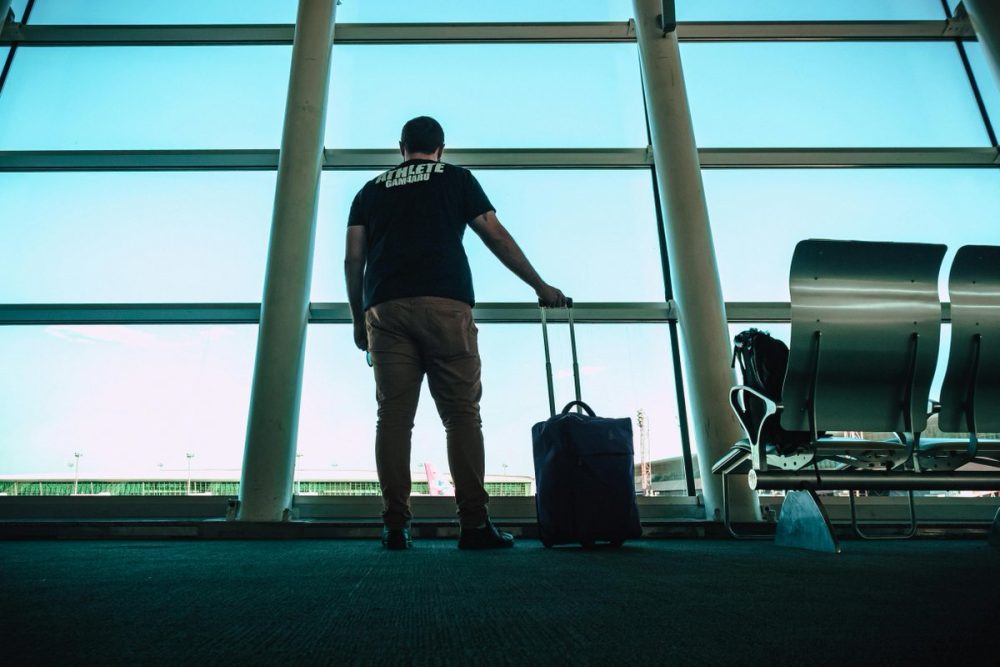The aviation industry is on the cusp of a technological revolution, with airlines increasingly turning to artificial intelligence (AI) to enhance operational efficiency and improve passenger experiences. One of the most promising applications of AI in this sector is the reduction of passenger wait times, a perennial challenge for airlines and airports worldwide.
AI-Powered Innovations in the Airline Industry
United Airlines’ ConnectionSaver
United Airlines has been at the forefront of leveraging AI to improve passenger experiences. One of their notable innovations is the AI-powered tool called ConnectionSaver. This tool is designed to help passengers make their connecting flights by proactively identifying flights that can be held for a few extra minutes without causing delays to subsequent flights. ConnectionSaver uses real-time data to assess the likelihood of passengers making their connections and informs gate agents accordingly. This not only reduces passenger stress but also enhances overall operational efficiency.
Air France-KLM’s Multilingual AI Tool
Air France-KLM is another major player in the airline industry that is harnessing the power of AI. The company is developing a tool that can respond to customers in 85 different languages. This tool, scheduled for deployment in 2025 at Paris Charles de Gaulle airport, will be installed on the tablets of Air France agents. The aim is to streamline customer service and reduce wait times by providing instant, accurate responses to passenger queries in their preferred language.
Read more about Air France-KLM’s AI initiatives
Air India’s Generative AI Chatbots
Several major airlines from the US and Europe have sought Air India’s expertise in developing generative AI chatbots. Air India’s AI.g chatbot efficiently manages 97% of customer queries, significantly reducing the workload for human agents and improving response times. The airline has also filed for its first patent for a ‘one-click booking’ feature, expected to be available on its website and app by December.
Learn more about Air India’s AI advancements
Sector Trends and Emerging Technologies
AI for Efficient Routes and Flight Planning
AI is being used extensively for flight planning and route optimization. By analyzing vast amounts of data, AI can suggest the most efficient routes, helping airlines save fuel and reduce emissions. This not only contributes to sustainability goals but also helps airlines cut costs.
Baggage Tracking and Customer Service
AI is also revolutionizing baggage tracking and customer service. Advanced AI algorithms can track baggage in real-time, reducing the chances of lost luggage and ensuring a smoother travel experience for passengers. AI-powered chatbots and virtual assistants are becoming increasingly common, providing instant support and reducing wait times for customer service.
Integrated Security Checks (ISC)
India’s aviation industry is implementing Integrated Security Checks (ISC) to streamline security processes and reduce wait times by 20-30%. This model, inspired by successful implementations in the US, aims to improve passenger experience and operational efficiency as the country plans to operationalize 300 airports by 2047.
Read more about ISC in Indian airports
Impact of AI on the Airline Industry
Cost Savings and Efficiency
The adoption of AI in the airline industry is expected to lead to significant cost savings. By optimizing routes, reducing fuel consumption, and improving operational efficiency, airlines can save millions of dollars annually. Additionally, AI-driven customer service tools can handle a large volume of queries, reducing the need for extensive human resources and lowering operational costs.
Enhanced Customer Experience
AI has the potential to transform the passenger experience by reducing wait times, providing real-time information, and offering personalized services. For instance, AI-powered tools can predict flight delays and provide passengers with timely updates, helping them make informed decisions and reducing the stress associated with travel disruptions.
Competitive Edge
Aviation companies, long accustomed to thin profit margins, see AI as a way to boost productivity and gain a competitive edge. By adopting AI technologies, airlines can differentiate themselves in a crowded market and attract more customers with promises of efficiency and enhanced service.
Future Outlook
As AI continues to evolve, its applications in the airline industry will expand. From predictive maintenance of aircraft to advanced security screening and personalized in-flight experiences, the possibilities are endless. Airlines that embrace AI are better at navigating the challenges of the future and deliver superior experiences to their passengers.
In conclusion, the integration of AI in the airline industry is a necessity for improving efficiency. As airlines continue to adopt AI, the future of air travel looks promising. This will shorten wait times and make journeys more seamless for passengers worldwide.
Check out more AI tools.
Elevate Guest Experience with RoomGenie
Textify Analytics – Affordable Insights at the Speed of AI
